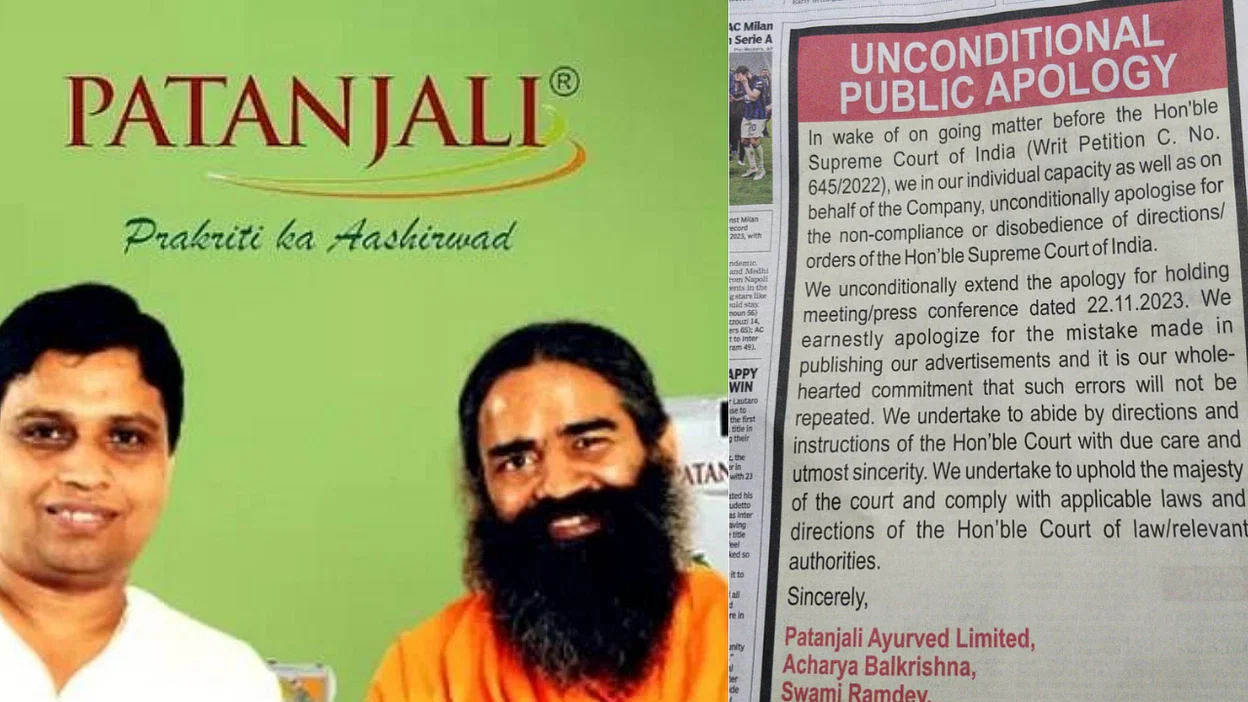This ruling does not just apply to Patanjali Ayurved. The court has ordered the Center and state licensing authorities to “activate” in order to address the threat, taking a strong stance in the public interest.
While Patanjali has apologised publicly and unconditionally in newspapers for its divisive advertisements, the Bench has questioned the Indian Medical Association, the petitioner, regarding the purported unethical actions of some of its members who prescribe expensive medications for “valuable consideration.”

Source: Inventiva
It is admirable that the supreme court is more interested in stopping the systemic decay than just getting caught up in Patanjali. Now, every stakeholder is being investigated by the courts. The Bench has asked the Center to provide an explanation about a letter that the Ministry of Ayush sent out in August 2023.
The government had requested in the letter that licensing authorities refrain from acting in accordance with 1945’s Drugs and Cosmetics Rules, Rule 170. Strangely, this regulation was added to the rules in 2018 with the express purpose of “controlling inappropriate advertisements of medicines that are ayurvedic, siddha, and unani.” It makes sense that the ministry’s reversal from the previous year caused some scepticism and fear that the government would not take strong action against the violators.
Source: ET Now
Ads that are inappropriate or deceptive of any form should not be tolerated, regardless of the medical system’s practitioners responsible. The Central Government ought to set the example by periodically releasing advisories and making sure the law is strictly followed. Any attempt to enrich oneself at the expense of public health ought to be met with an immediate and excellent response.
What do you think about this? Comment below.

